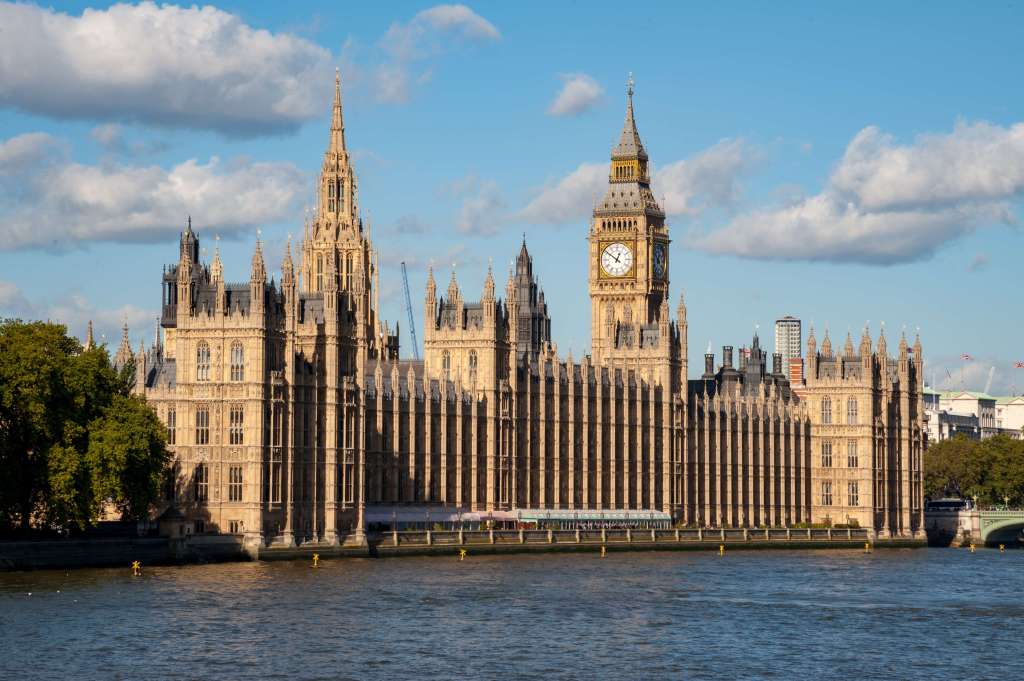Chancellor Jeremy Hunt delivered his Autumn Statement today, following calls for changes to stamp duty and capital gains tax. Despite 110 measures to boost the economy being announced, high-profile support for landlords and the rental market didn’t materialise.
But with a surprise tax cut, extra support for tenants, and the government holding firm on existing plans, there’s plenty of updates that affect landlords. Read on to find out what the Autumn Statement means for you.
In this article, we cover the latest on:
- Tax changes
- Support for tenants
- Capital gains tax
- Stamp duty
- Rental reforms
- Energy efficiency
- Housebuilding measures
Full-time landlords to benefit from National Insurance cut
The chancellor unveiled a tax plan to help businesses and workers, with speculation that further personal tax cuts will come in the spring ahead of the general election.
In today’s statement, Class 2 National Insurance contributions for the self-employed were abolished. This means from April 2024, self-employed taxpayers will no longer need to pay the £3.45 a week compulsory charge.
The Treasury estimates that this will save the average self-employed person £192 a year and is recognition of their contribution to the economy. This tax change will benefit landlords who rent out their properties as their main job and make profits of more than £6,275 a year.
Read more: Tax on rental income – a landlord’s 6-step guide
Support for tenants on the lowest incomes
With rent accounting for more than half the living costs of tenants on the lowest incomes, the Treasury has pledged to increase the Local Housing Allowance (LHA).
This means the LHA will increase to cover the lowest 30 per cent of rents across the country, providing support for people to stay in their homes. It’s estimated that increasing the LHA will give 1.6 million households an average of £800 in extra support next year.
Capital gains tax: cut to tax-free allowance goes ahead
In last year’s Autumn Statement, the chancellor announced substantial reduction of the capital gains tax-free allowance. From April 2023, the tax-free allowance dropped from £12,300 to £6,000 with a further reduction planned for April 2024.
Despite landlords’ hopes for a U-turn in today’s Autumn Statement, Hunt has decided to stick to the original plan. This means the capital gains tax-free allowance will halve again to £3,000 in April 2024.
With one in four landlords looking to sell their property in the next year, this means more of their profits will be taxed when they end up selling.
Stamp duty surcharge and thresholds stay the same
There was speculation around whether the government would make further changes to stamp duty, with an increased threshold and more help for first-time buyers being discussed.
The chancellor has decided to stick with the current thresholds that will remain in place until March 2025. Under these rates, property buyers pay no tax on the first £250,000 of their purchase.
However, landlords and buyers of second homes are still required to pay an additional three per cent in stamp duty.
With high stamp duty rates and rising mortgage costs, it’s no surprise that only three per cent of landlords are looking to buy a property in the next year.
Rental reforms: no update despite King’s Speech inclusion
Widespread rental reforms included in the Renters’ Reform Bill weren’t mentioned as part of the Autumn Statement.
This is despite the bill being included in the recent King’s Speech, which means it’s one of the government’s priorities over the coming year.
The major rental reforms intend to abolish Section 21 evictions, make it easier for tenants to request pets, and introduce a Decent Homes Standard. The government recently announced that Section 21 won’t be scrapped until changes are made to the court system. As a result it’s unclear when the headline measure of the bill will be introduced.
Rental reforms are currently being scrutinised and debated as part of the committee stage in the House of Commons. They’ll need to pass through another eight stages before receiving royal assent and becoming law.
Chancellor holds firm on energy efficiency changes
After the prime minister scrapped the proposed changes to energy efficiency standards, many landlords were wondering whether a new deadline or scheme would be announced.
But there was little mention of energy efficiency, meaning the Great British Insulation Scheme and boiler upgrade scheme remain the main schemes available to landlords.
The housing updates in the Autumn Statement were centred around new housebuilding measures with the aim of providing new rental properties.
Will housebuilding measures ease rental property supply concerns?
As rental property demand continues to outweigh supply, a range of measures to increase the number of homes were announced.
Over £100 million has been pledged to build 40,000 homes as part of ‘high quality nutrient mitigation schemes’.
A further £32 million will help to develop new housing quarters in London, Leeds, and Cambridge, while £450 million will be given to the local authority housing fund to deliver 2,400 new homes.
And for landlords and investors looking to convert properties, the chancellor confirmed a new consultation on Permitted Development Rights (PDR). The consultation will seek views on whether any house can be converted into two flats, provided there’s no change to its external appearance.
Do you think the chancellor could have provided more support for landlords in the Autumn Statement? Let us know in the comments below.
More useful guides for landlords
- 1 in 4 landlords are planning to sell in the next year
- Is it a landlord’s responsibility to get rid of bed bugs?
- Types of tenancy agreements
- How much is landlord insurance?
Get set with tailored landlord cover
Over 200,000 UK landlord policies, a 9/10 customer rating and claims handled by an award-winning team. Looking to switch or start a new policy? Run a quick landlord insurance quote today.
